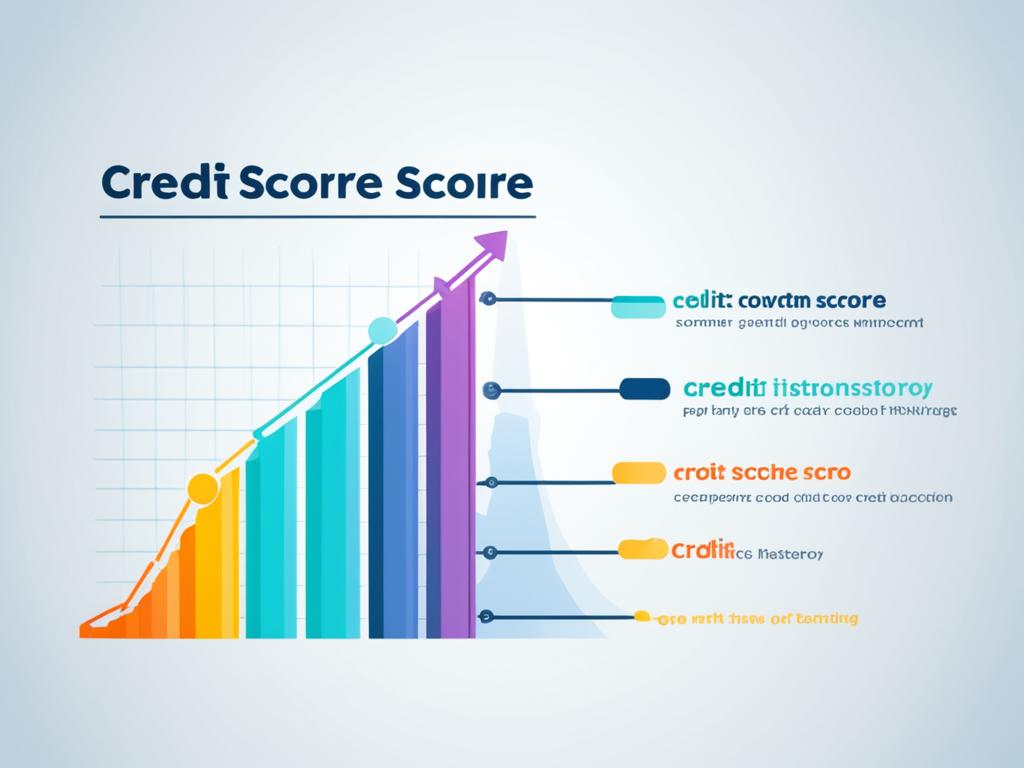Personal Finance Tips on How to Manage Your Money
Starting your journey to financial stability begins with learning about personal finance. This guide will share key tips and strategies for managing your money. We’ll cover budgeting, saving, debt management, and investment planning.

If you’re new to managing money or want to improve, this article has what you need. We’ll show you how to live on a budget, save for emergencies, and look into investments. These topics will help you take charge of your finances.
We’ll also talk about how to improve your credit score. A good credit score helps you get better loan terms and opens more financial doors. By following these tips, you’re on your way to reaching your financial goals and a secure future.
Personal Finance: Mastering the Art of Budgeting
Creating a budget is key to good personal finance. It helps you manage your money better. By tracking your spending, you can control your finances and use your money wisely.
Creating a Budget-Friendly Lifestyle
Starting a budget-friendly life means knowing your income and spending. First, sort your expenses into must-haves and wants. This way, you can see where to spend less and save more.
- Set a realistic budget for things like rent, utilities, and food.
- Put some money aside for saving and budgeting for big goals.
- Find ways to spend less on things you don’t need, like eating out less or spending less on fun.
Personal Finance: Tracking Expenses and Identifying Spending Leaks
Next, track your spending closely. This helps you see where you’re spending too much and find ways to save.
- Use financial literacy tools like apps or spreadsheets to keep track of your spending.
- Check your spending often and find ways to cut back on things you don’t really need.
- Find and fix “spending leaks” – small, regular costs that can add up and hurt your savings.

By getting good at budgeting and living within your means, you can take charge of your finances. You’ll reach your saving money and financial literacy goals.
Strategies for Saving and Investing
Securing your financial future needs a smart plan for saving and investing. Start by building an emergency fund. This is key for long-term stability. Set aside part of your income each month to cover unexpected costs like medical bills or losing your job.
Personal Finance: Building an Emergency Fund
Experts say aim for three to six months’ expenses in your emergency fund. Begin with a small amount and increase it over time. With a solid emergency fund, you can then look into investing to grow your wealth.
Exploring Investment Options for Long-Term Growth
There are many options for saving and investing for the future. You can choose from safe savings accounts to riskier investments. Diversifying your investments helps balance saving and planning for retirement. Regularly check and adjust your investments to keep up with your changing needs and goals.
Remember, everyone’s financial journey is different. By customizing your saving and investing plans, you can take charge of your financial future. This way, you can look forward to a brighter tomorrow.

Personal Finance: Tackling Debt Effectively
Debt can be a big problem, but you can manage and reduce it with the right strategies. We’ll look at practical tips to help you handle debt management. These tips will boost your financial literacy and credit scores.
First, prioritize your payments. List all your debts, like credit card balances and loans. Put them in order by interest rates, focusing on the highest first. This way, you save on interest and pay off debt faster.
Talking to creditors can also help. Contact your lenders to see if they can offer lower interest rates or longer payment plans. Many lenders want to help because it helps them too.

Looking into debt consolidation is another good idea. It means combining your debts into one, lower-interest loan. This can make paying back easier and save you money, especially on high-interest credit card debt.
For successful debt management, stay disciplined and make a realistic budget. Keep an eye on your progress. Being proactive helps you take control of your finances for a better future.
Credit Score Optimization: A Key to Financial Success
Your credit score is key to your financial health. It shows how trustworthy you are with money. A good score can help you get loans, credit cards, and even better rental deals. Learning how to improve your score can change your financial life for the better.
Understanding Credit Scores and Their Impact
Credit scores come from a complex formula. They look at your credit history, how you pay, your debts, and more. A high score means you’re seen as a reliable borrower. This can lead to better loan terms and lower interest rates. But, a low score can limit your credit options, increase costs, and even make it hard to get a place to live or a job.
Personal Finance: Practical Tips for Improving Your Credit Rating
To boost your credit score, you need a solid plan. Here are some tips to help:
- Check your credit report often for mistakes and fix them.
- Always pay your bills on time. This is crucial for your score.
- Keep your credit use low compared to your total credit limit.
- Having a mix of credit types can also help your score.
- Remember, improving your score takes time, so be patient.
Understanding credit scores and using smart strategies can open doors to better financial opportunities. It can lead to a more stable and successful financial future.

Personal Finance: Embracing Financial Literacy for a Secure Future
Starting your personal finance journey means learning about financial literacy. This knowledge lets you manage your money better, pay off debt, grow your wealth, and reach your financial goals. By always learning and sticking to good financial habits, you’ll feel more confident in handling money matters.
Learning how to budget, save, and invest is key to financial stability. It also leads to a more secure future. Paying off debt and improving your credit score are vital for a strong financial base. By following wealth-building principles, you’re on your way to financial freedom and security.
Financial literacy is the secret to reaching your financial goals. Get informed, make smart choices, and act now for a better financial future. With hard work and determination, you can change your financial life. This will ensure a prosperous future for you and your family.
FAQ
What are the key components of effective budgeting?
To budget well, first, list all your income and expenses. Then, sort your spending into categories. Look for ways to spend less. Set achievable financial goals and check your budget often to stay on track.
How can I build an emergency fund?
Begin by setting a savings goal, aiming for 3-6 months’ expenses. Set up automatic savings from your paycheck. Cut back on things you don’t need to spend money on to save more for emergencies.
What are some effective strategies for managing debt?
To manage debt, focus on paying off high-interest debts first. You might consider consolidating debts or talking to creditors. Make a plan to pay off debt and look into balance transfer cards or debt counseling if needed.
Always pay on time and work to reduce your debt. This will help improve your financial health.
How can I improve my credit score?
Improve your credit score by paying bills on time and keeping credit card use low. Avoid too many credit applications and fix any mistakes on your credit report. A long credit history also helps.
Check your credit report often and fix any problems to boost your score over time.
What are some common investment options for long-term growth?
For long-term growth, consider stocks, mutual funds, ETFs, and retirement accounts like 401(k)s and IRAs. Spread out your investments and know how much risk you can handle. Think about getting advice from a financial advisor to match your goals.


